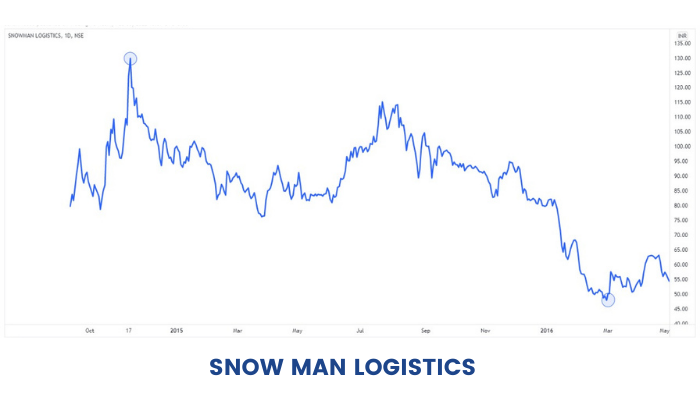Initial Public Offerings
Those who have lost money in IPOs, such as yourself, will undoubtedly identify with the points made in this Chapter. Investors use 'Singular Information,' which is recent information, rather than 'Base Information,' which is historical information relevant to the current investment decision. Because IPOs typically appear during a bull market, singular information generally is very positive and exciting. Investors make decisions based on a single piece of information (extrapolation bias) that they later regret. Another point raised in the 'winner's curse' occurs when uninformed investors receive full allocation of bad IPOs (I remember receiving a full allocation of the Orient Green IPO and losing a lot of money).

It listed at a lower price than the IPO price and has avoided the IPO price ever since) because informed investors avoid these IPOs.
According to the Chapter, since 1990, investors have lost money on more IPOs than they have made. Despite this well-known fact, the author finds it perplexing that those who did not receive an allotment in the IPO tend to buy it on the listing, usually at a higher price, as if the stock is some hot target or something. (An example was the craze of Snowman IPOs.)

The Chapter examines the behaviour of various stakeholders in the IPO market and concludes that the notion that IPOs are typically underpriced is incorrect. The company's motivation for coming to IPOs is to get as much money from the market as possible, so they have an incentive to price the IPO aggressively. The bonuses for bankers' issues are determined by how much money the IPO can raise from the market. As a result, they have an incentive to overprice the IPO.
Key Takeaways
It is safe to conclude that IPOs, which appear to be a good investment vehicle, are not. An IPO is a product that works against the interests of investors because it is typically offered to investors when they are willing to pay a higher and outrageous valuation during boom times. Therefore, it is logical for the company and the investment banker to dump these stocks on the investors.
IPOs only enter the market when the management believes they will receive a fair price for their stock.
Evidence suggests that only a tiny percentage of the many IPOs that hit the market reward shareholders. Therefore, it makes sense for wise investors to wait for bear markets to take advantage of such investment opportunities. Of course, avoid chasing these stocks when they first list or during the hot IPO period. There are far too many people who would do so, and when the losses arrive, and their patience wears thin, these same people will offer you these stocks at enticing valuations. Do not be swayed by the newest of the new, as you may end up paying exorbitant prices only to see a drop in your returns.


